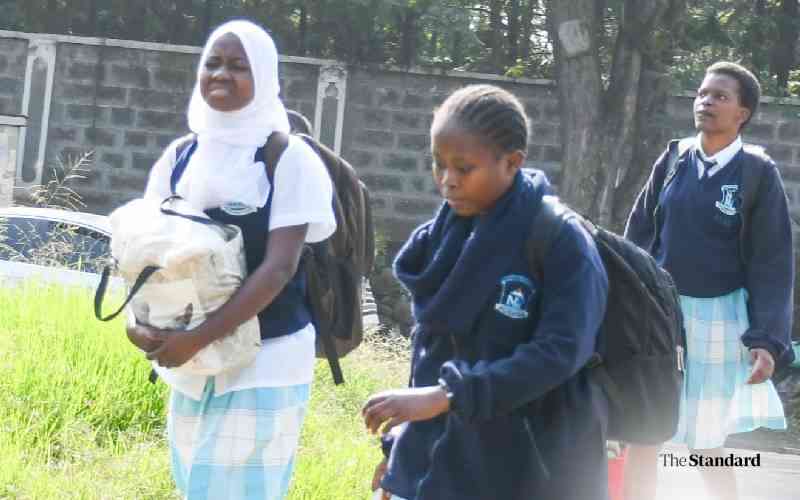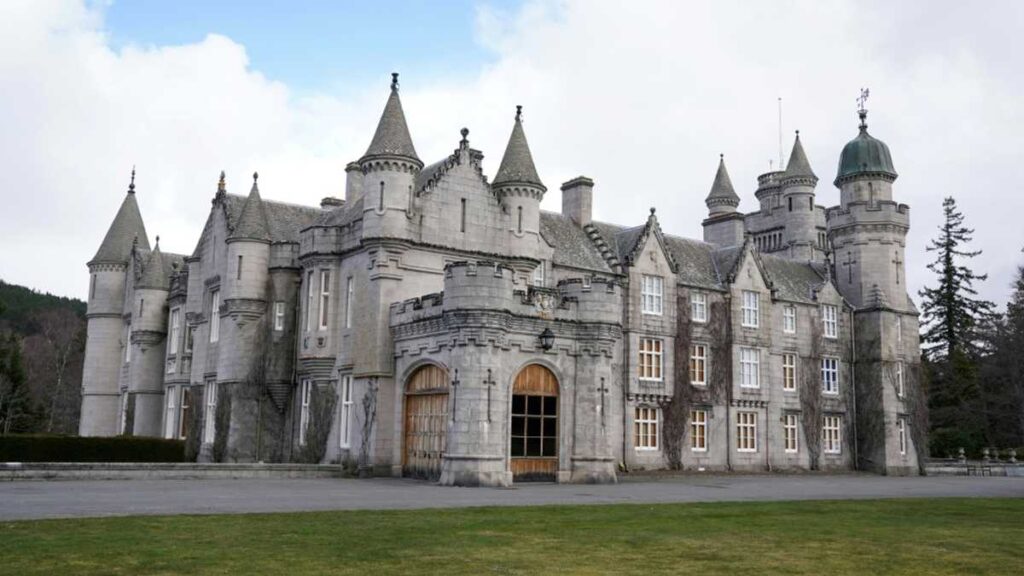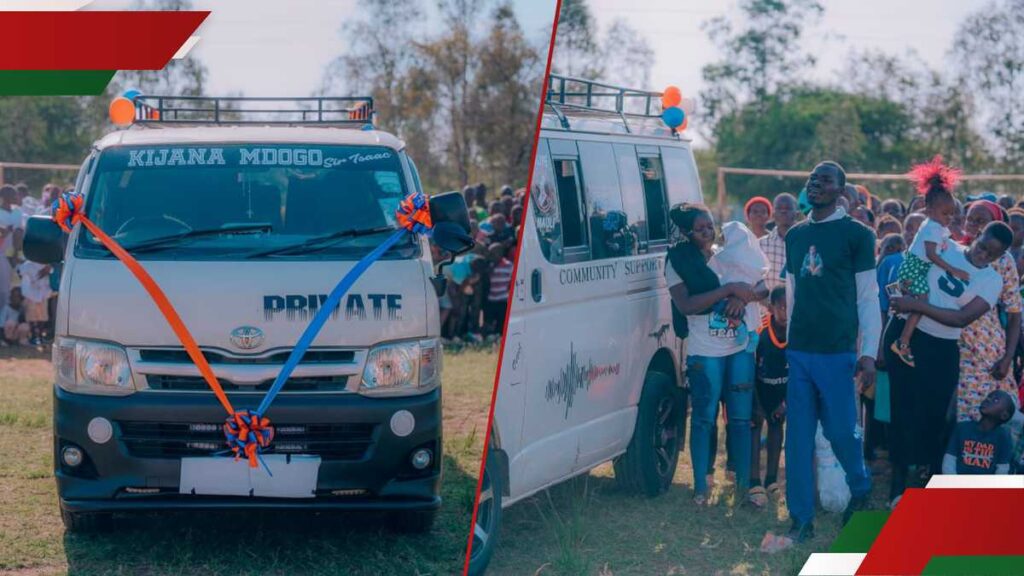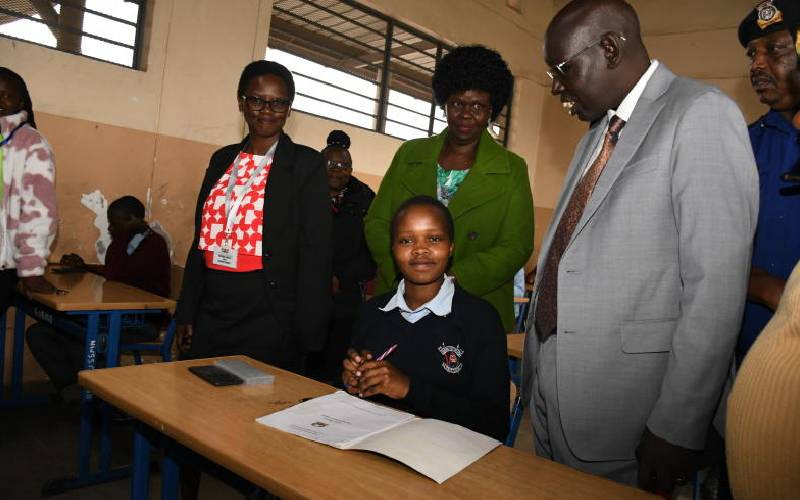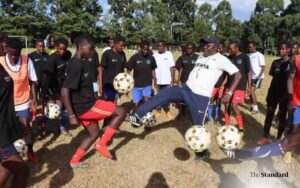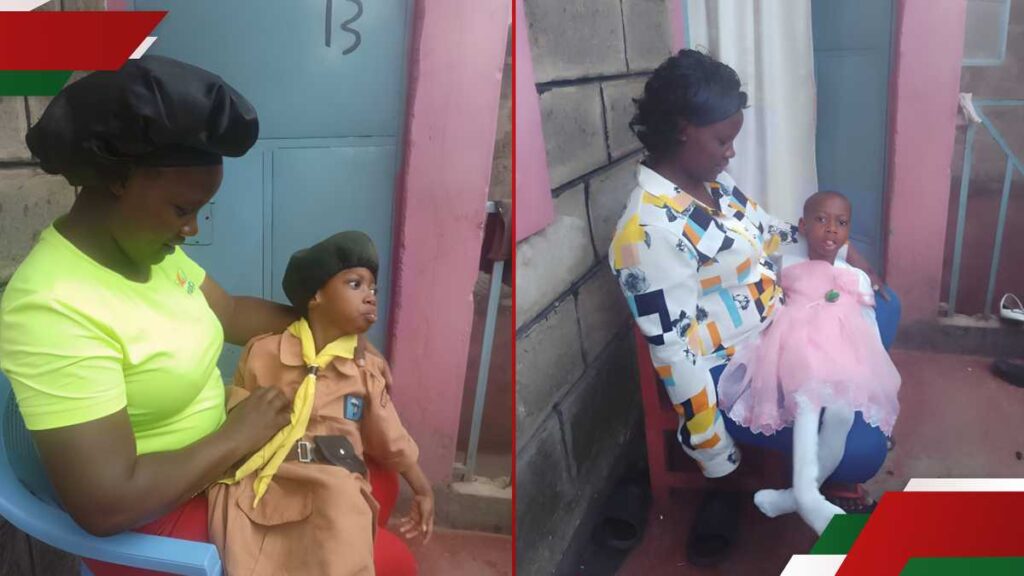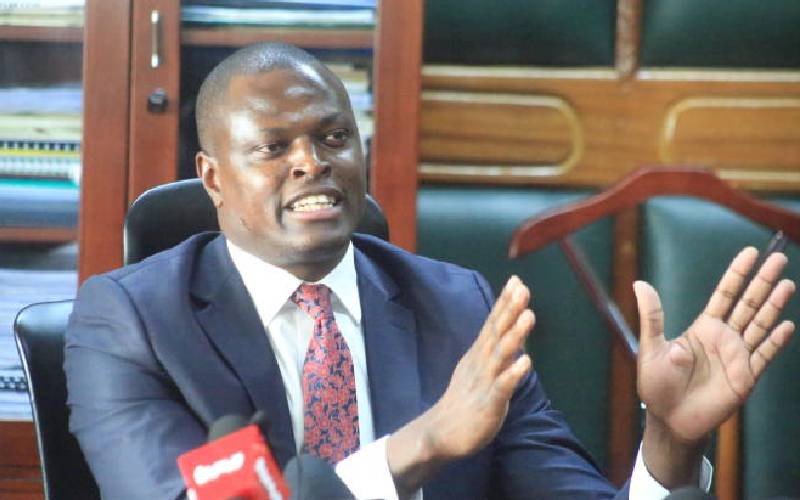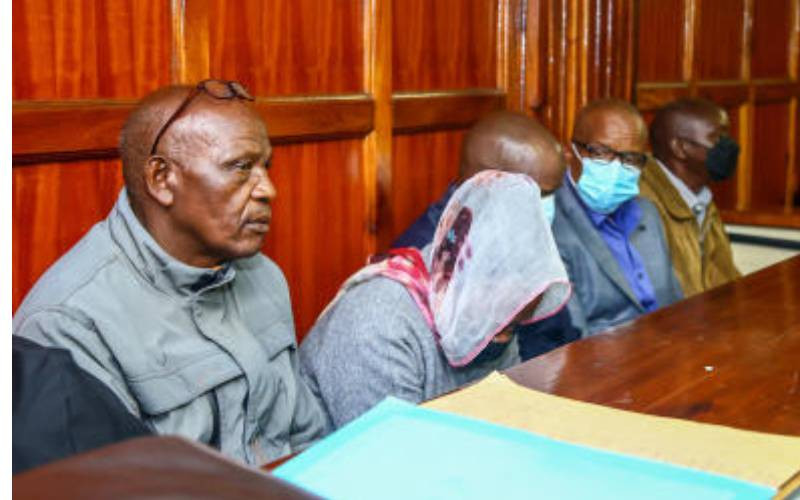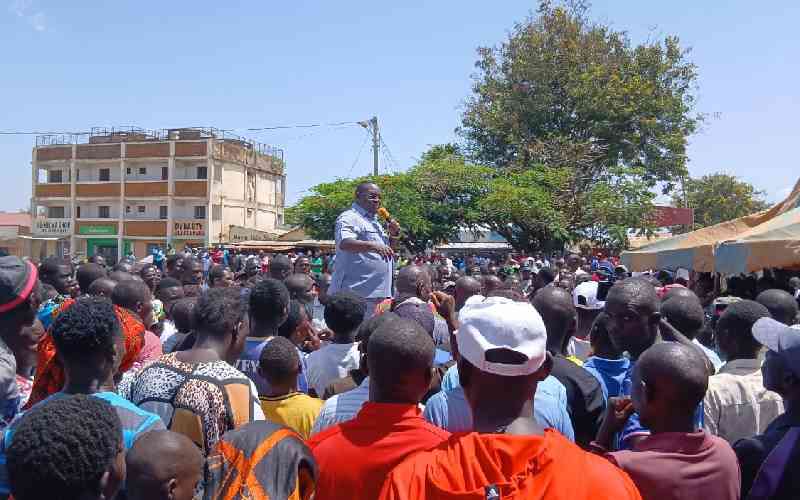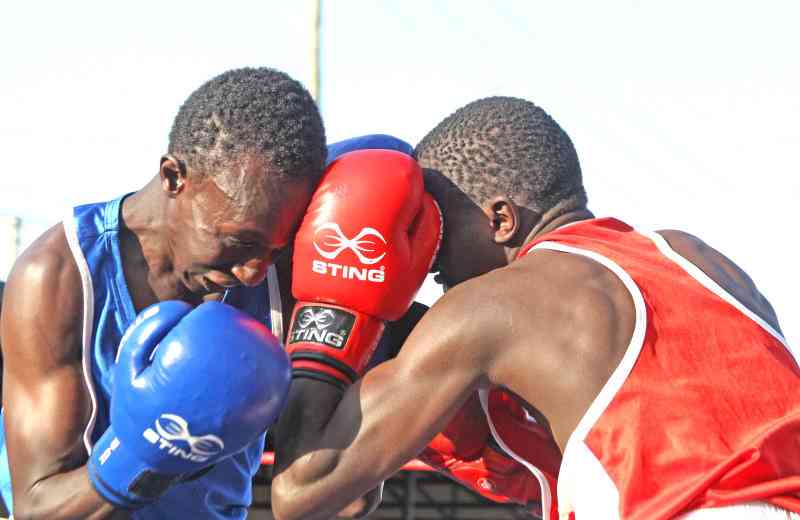Some public schools across the country have closed for second term, a week earlier than scheduled for the August holiday, in a desperate move driven by severe cash shortages.
The government’s failure to release full capitation funds has left thousands of primary and secondary institutions unable to keep operating, forcing them to shut down ahead of the Ministry of Education’s official calendar.
Learners are now expected to return on August 25 for the third term — the shortest in the school calendar and the one that carries the heaviest academic weight.
It is the term when the Kenya Certificate of Secondary Education and assessments under the Competency-Based Education will take place.
But school heads are warning that if the current financial strain continues, third term could be even more chaotic than the last.
Kenya Secondary School Heads Association Chairman Willy Kuria laid the blame squarely on the government.
He said schools were collapsing under the weight of a funding crisis and the early closure was just one of the survival tactics institutions were resorting to.
“Schools are broke. We are closing early because we have run out of money. This is just a survival tactic,” Kuria said.
He further blamed the recent spate of school unrest on the shrinking funding.
In the past week alone, more than 10 secondary schools have reported violent unrest, including strikes, arson attacks, and widespread indiscipline.
The affected schools include Moi Tea Girls, Litein High School, Kipsigis Girls, Keptewit Boys, Lari Boys, Senior Chief Koinange, Nakuru Girls, Tambach South Secondary School, and Kapsinendet Secondary School.
Kuria said the chaos is directly linked to the frustration among students who are confined to classrooms with no outlets for creativity or relief.
He said students are being fed on rations, and all non-academic programmes — sports, music, drama — have been suspended in some institutions due to lack of funds.
Further, he indicated that the cash crunch has left other schools unable to pay teachers and support staff. “We have denied students opportunities to express themselves. They are confined to classrooms with no breathing space. When pressure builds, it bursts through unrest,” he said.
Stay informed. Subscribe to our newsletter
Education Cabinet Secretary Julius Ogamba admitted the government still owes schools money for the just-ended term.
Instead of paying up now, he said, the pending funds would be disbursed in third term.
Ogamba, attempting to deflect blame, accused Parliament of underfunding the Free Day Secondary Education programme.
Treasury Cabinet Secretary John Mbadi disclosed a sharp cut in capitation for secondary schools— from Sh22,244 to Sh16,900 per learner.








